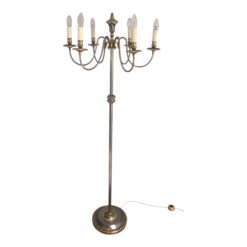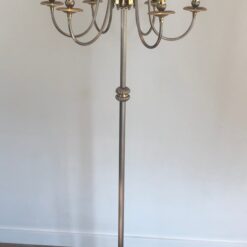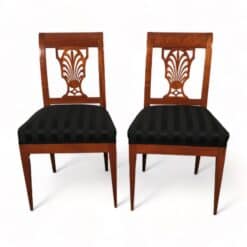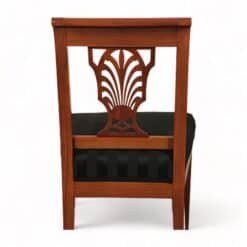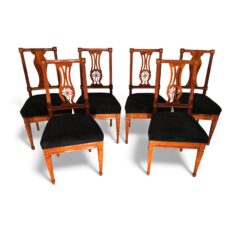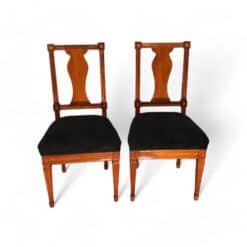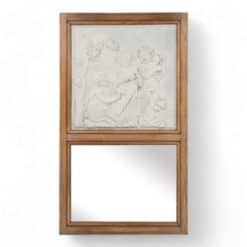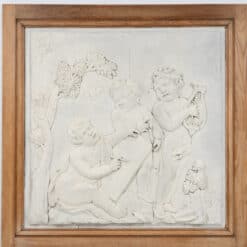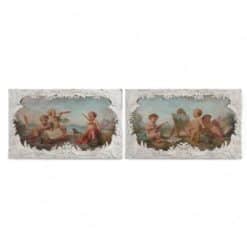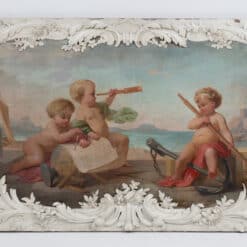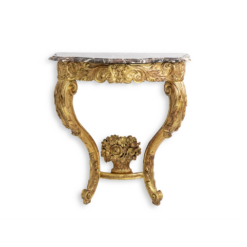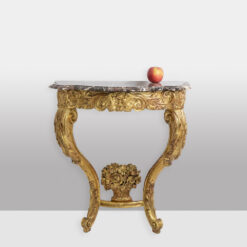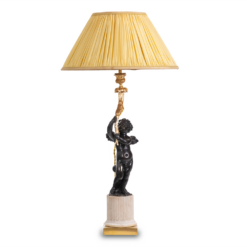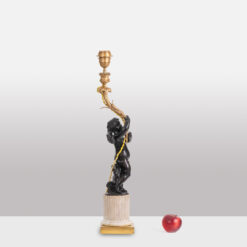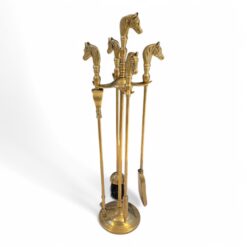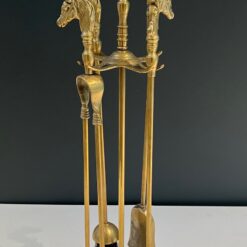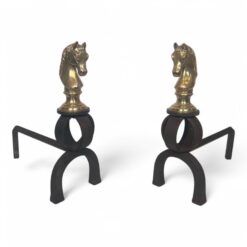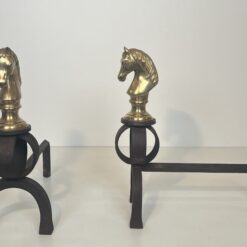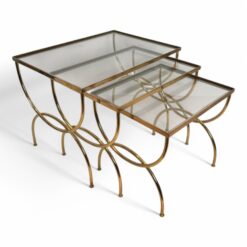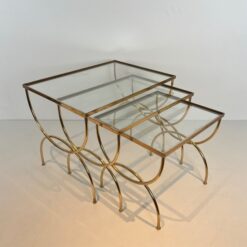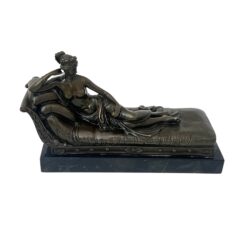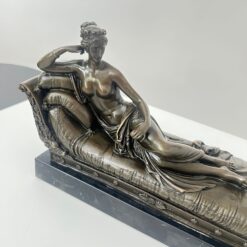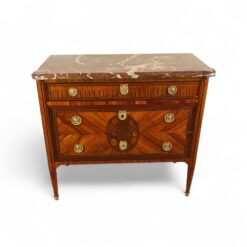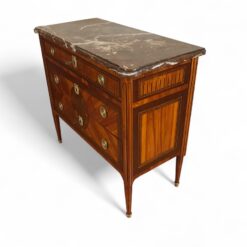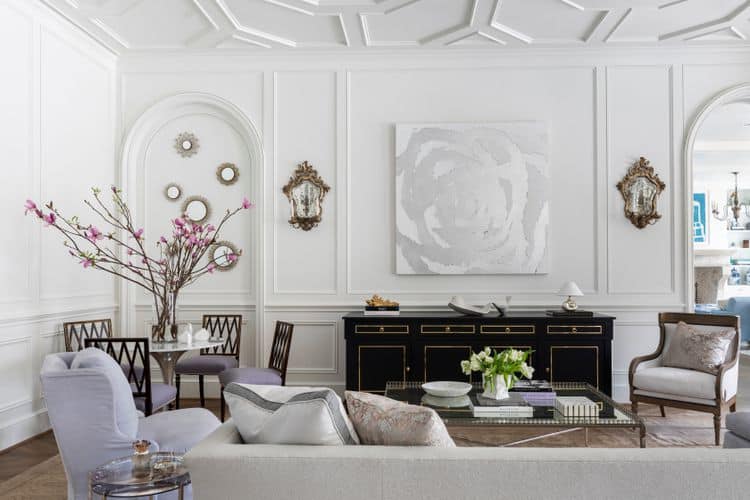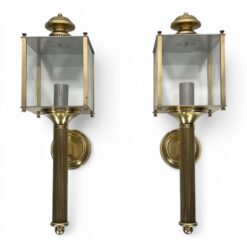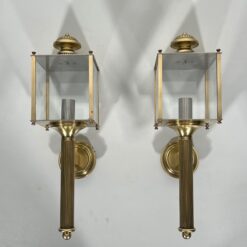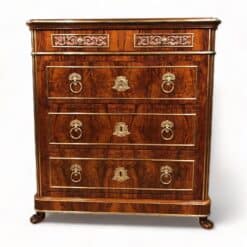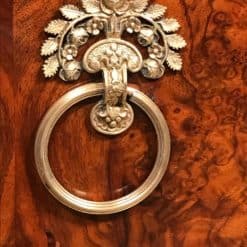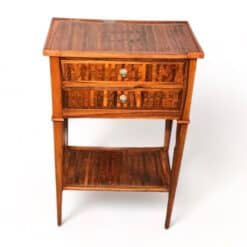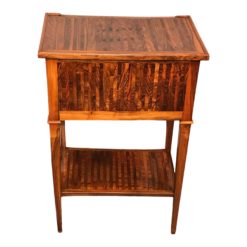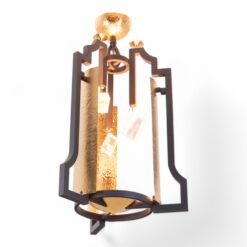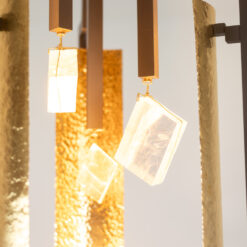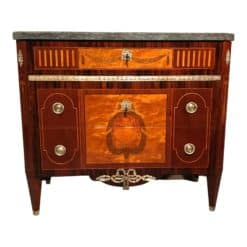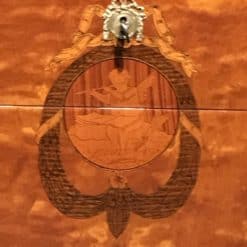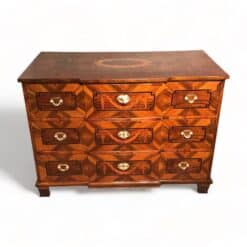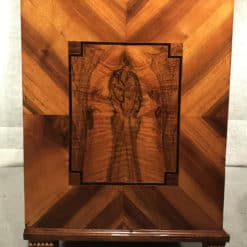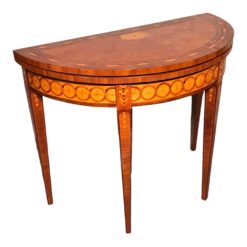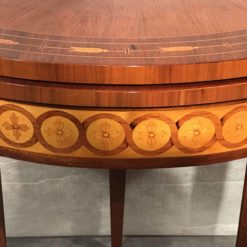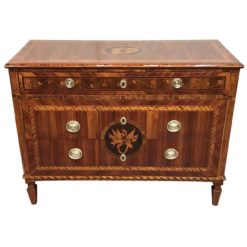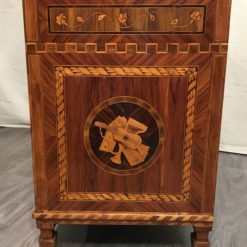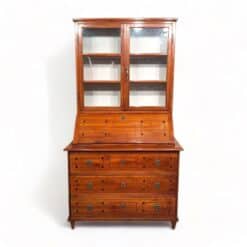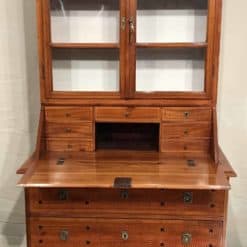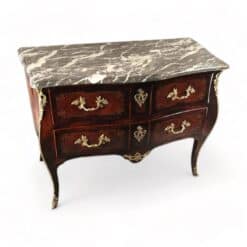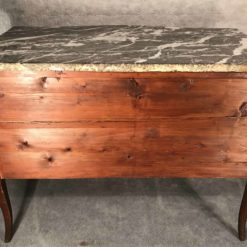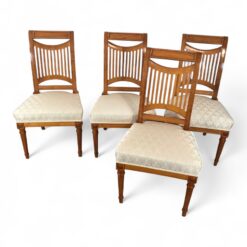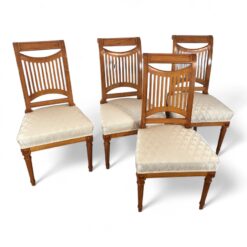Best Sellers
Furniture, Style, Styylish History
The History and Key Pieces of Neoclassical Interior Design
The Elegance of Neoclassical Interior Design and Furniture: Building Your Space
Neoclassical interior design and furniture, a style born in the 18th century, drew inspiration from the classical art and architecture of ancient Greece and Rome. It emerged as a response to the lavishness of the Rococo style, focusing on symmetry, proportion, and classical motifs. This blog post delves into the historical and political context of neoclassical interior design and how to build your own Neoclassical-inspired space!
The right furniture is central to this endeavor, but finding authentic, high-quality antique pieces can be a real challenge. Today we’ll explore the critical furniture you need to build a Neoclassical room with Styylish, a specialist in sourcing top-notch antique furniture.
The Birth and Development of Neoclassicism
Neoclassicism began to take shape in the mid-18th century, as society sought to reconnect with the ideals of ancient civilizations amidst the tumultuous political landscape.
The Enlightenment era, marked by a resurgence of intellectual thought and rationality, greatly influenced the birth of neoclassicism. Enlightenment thinkers emphasized reason, logic, and a return to classical principles, inspiring a reevaluation of artistic and architectural norms.
Neoclassical Design and Political Context
The development of Neoclassical design in France was intricately linked to the political landscape of the late 18th century. During this period, France grappled with social inequalities, economic instability, and an absolute monarchy under the rule of King Louis XVI.
The burgeoning Neoclassical movement gained momentum as the French Enlightenment fueled a call for rationality, liberty, and a rejection of the monarchy’s excesses. Influential philosophers like Voltaire, Rousseau, and Montesquieu advocated for democratic ideals, and this intellectual environment strongly shaped Neoclassical design. Neoclassicism, with its revival of classical aesthetics, became a symbol of the rejection of monarchy and the embrace of republicanism.
The movement reflected the desire for a more equitable society, drawing inspiration from ancient Greek and Roman democratic values and their architectural and artistic achievements, which appeared in neoclassical style furniture. Further, the revolutionary fervor of the time ultimately culminated in the French Revolution, a defining moment that significantly impacted the trajectory of Neoclassical design and its integration into the fabric of a changing society.
Characteristics of Neoclassical Furniture
Neoclassical style furniture exhibits distinct characteristics:
Symmetry and Balance: Neoclassical style pieces embody a sense of equilibrium, with symmetrical designs and balanced proportions.
Geometric Precision: Straight lines, sharp angles, and geometric shapes are prominent features, representing a departure from the Rococo’s ornate curves.
Classical Motifs: Furniture is adorned with classical, ornate details like columns, pediments, friezes, and key Greek architectural elements, echoing the aesthetics of antiquity.
Materials and Colors: High-quality, natural materials such as marble, wood, and fine fabrics are used, often in light and pastel hues, reflecting the aspiration for an airy, elegant ambiance.
Neoclassical Pieces You Need in Your Home
Now, we will discuss some of the most important furniture pieces when designing Neoclassical spaces. Styylish is here to be your partner in sourcing quality Neoclassical decor.
1. Neoclassical Dining Table
The heart of a Neoclassical dining room lies in the dining table, and finding an authentic one to be the center of a room can be a quest. Characterized by clean, straight lines and geometric shapes, these tables often feature rectangular or circular tops.
A hallmark of Neoclassical dining tables is the use of classical motifs, such as fluted columns or pilasters, adorned with intricate carvings inspired by ancient Greek and Roman architecture.
The legs are typically straight or subtly tapered, evoking the aesthetics of classical columns like Doric or Ionic. High-quality woods like mahogany or oak are commonly used for construction, reflecting both durability and sophistication.
Circular Dining Table
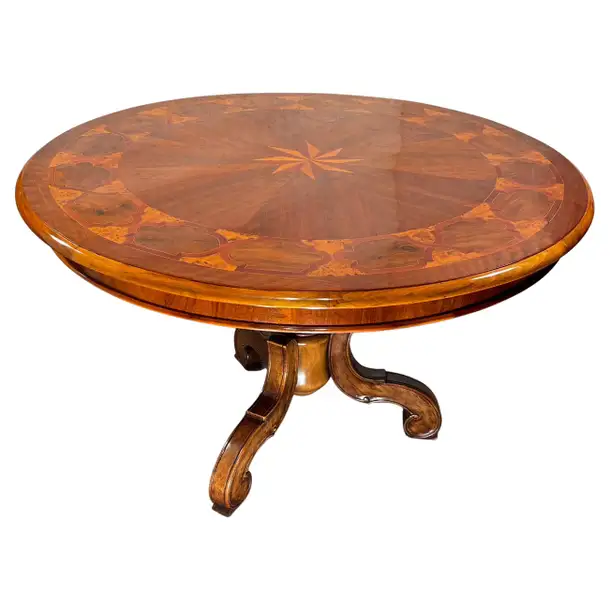
Take for example this elegant Biedermeier Table, which originated in South Germany in 1830. It is made of walnut wood and is adorned with maple marquetry. It also showcases a gorgeous tripod baluster base and other decorative elements.
Extendable Dining Table
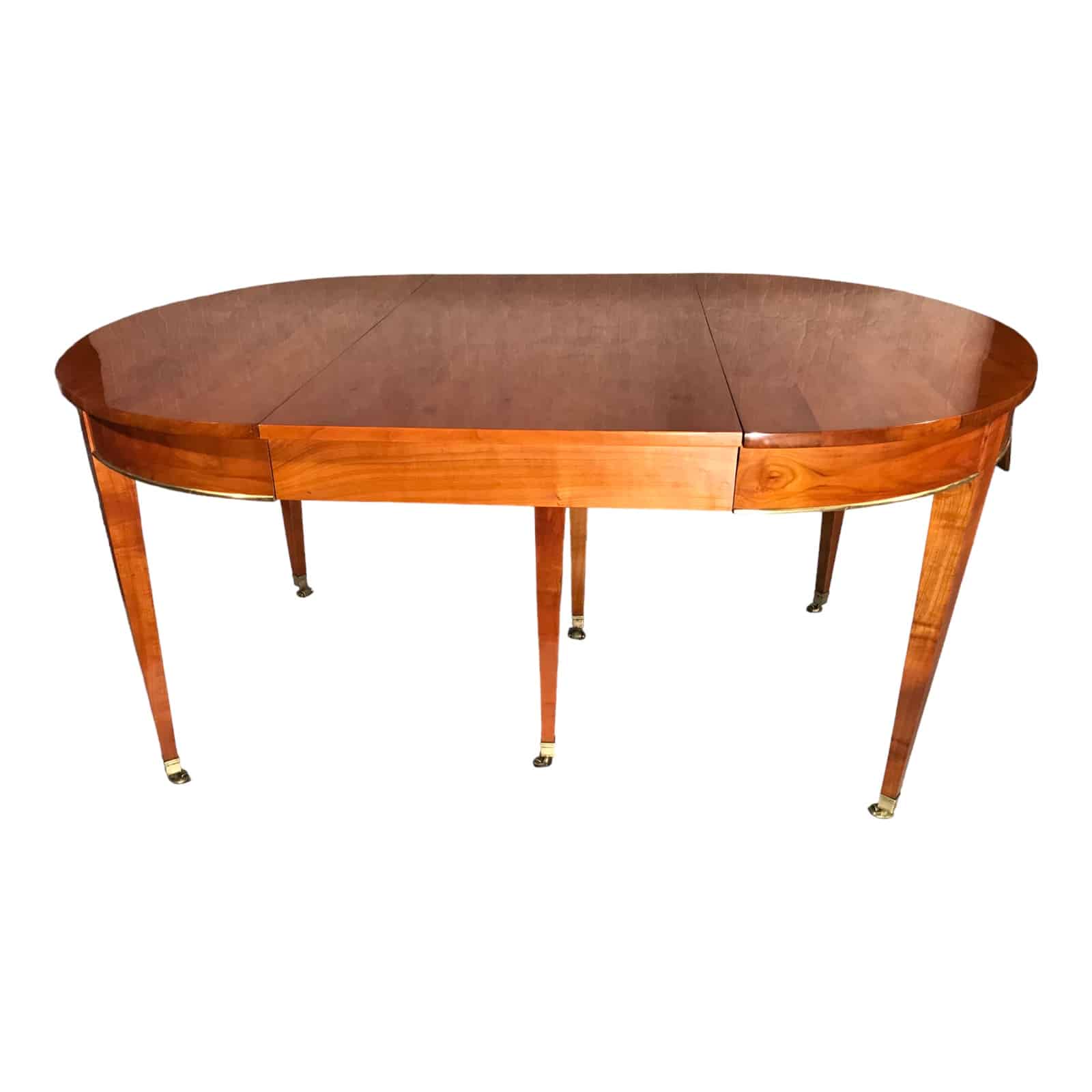
This refinished extendable oval dining table is the perfect piece for any dining room and dinner party. It stands on tapered legs with brass castors, a classic Neoclassical feature.
Cherry Wood Dining Table
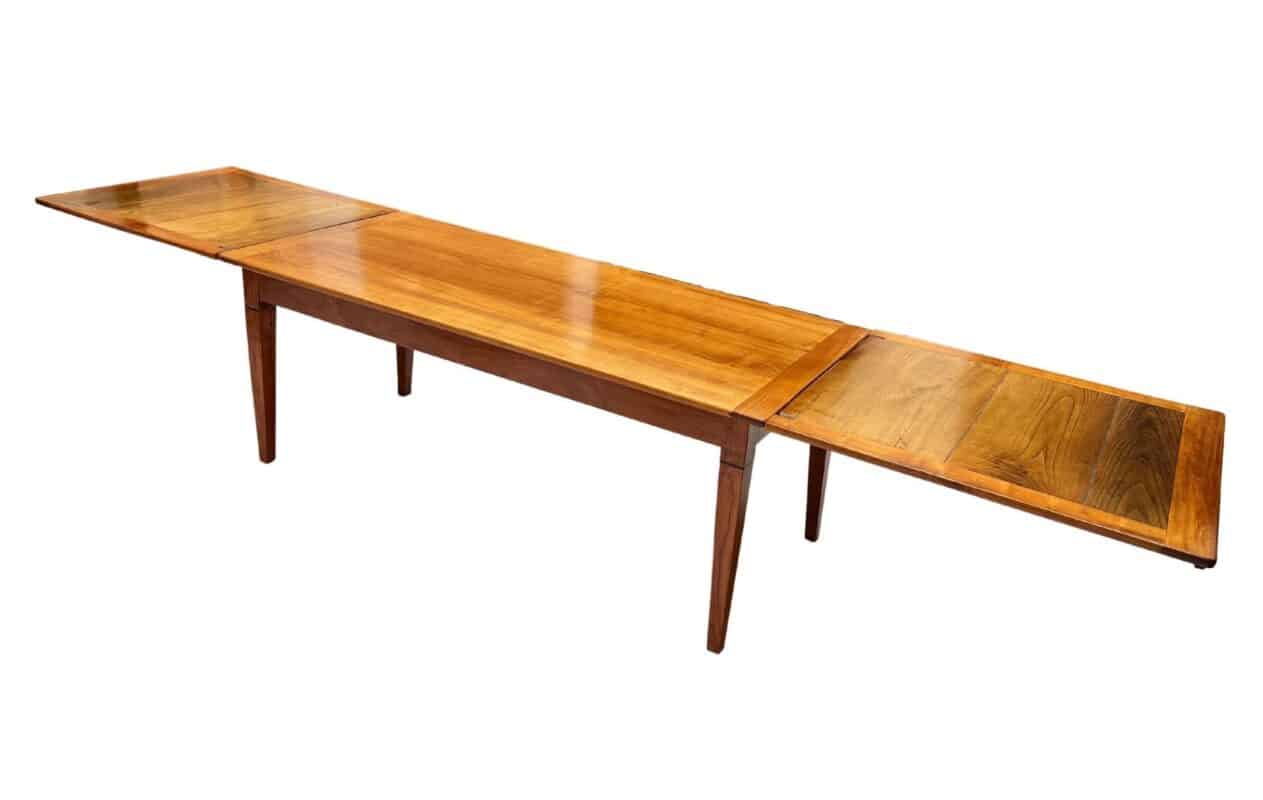
Another Neoclassical dining table option is this exquisite solid cherry wood table of the highest quality. It features an extending plate that can be pulled out from under the main plate. It also has a drawer on the front side.
2. Elegant Seating
Elegant seating is a cornerstone of Neoclassical design, and securing antique chairs and sofas that encapsulate this aesthetic can be challenging. These chairs boast straight or subtly curved lines, showcasing balance and symmetry. The legs often feature fluted columns, while the chair backs commonly exhibit a gently arched shape or vertical slats.
Neoclassical chairs frequently incorporate ornate carvings, such as acanthus leaves or rosettes, adding a touch of opulence. The use of high-quality, richly colored woods like mahogany or walnut further enhances their luxurious look. Upholstered seats and backs, often in muted tones, complement the wooden framework, offering comfort while maintaining the overall neoclassical aesthetic.
Dining Room Chairs
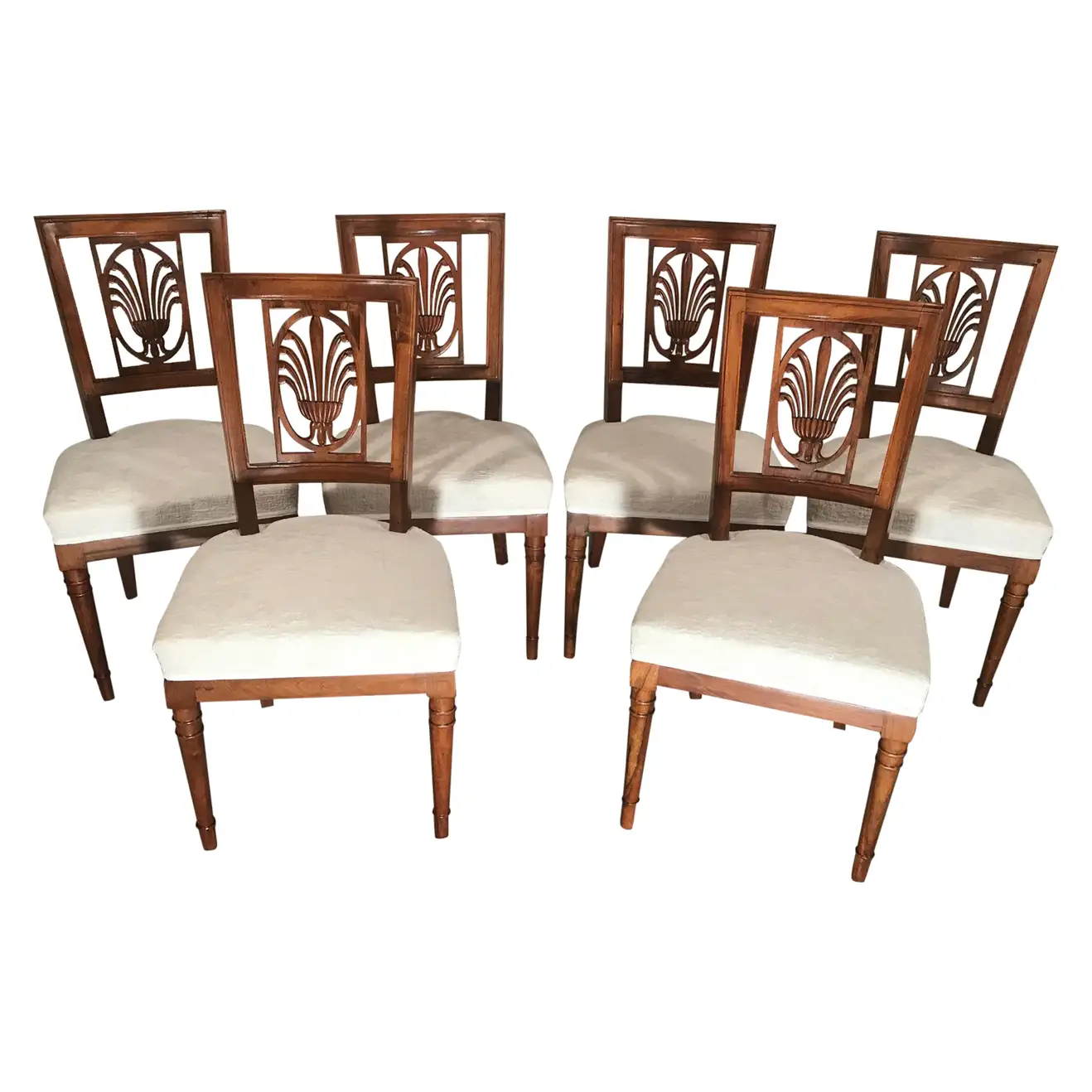
This set of original six Neoclassical dining chairs dates back to 1800 Germany. They are made of cherry wood and feature a classic element of Neoclassical interior design, an ornate back.
Neoclassical Settee
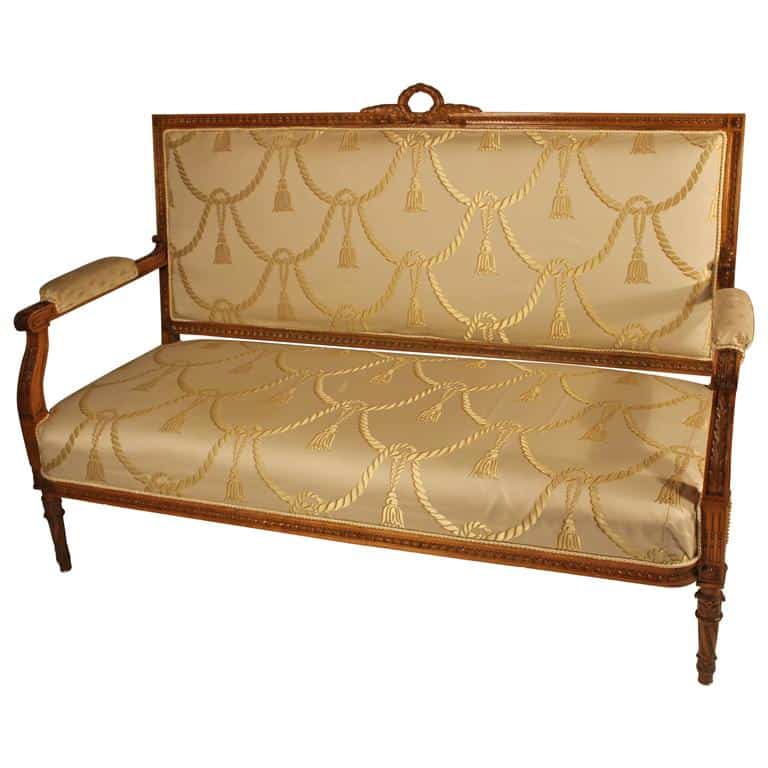
Another beautiful Neoclassical seating option is this Louis XVI Settee. It perfectly exemplifies Neoclassical features with its Greek-inspired legs, straight back, and ornate wreath carvings.
Swiss Daybed
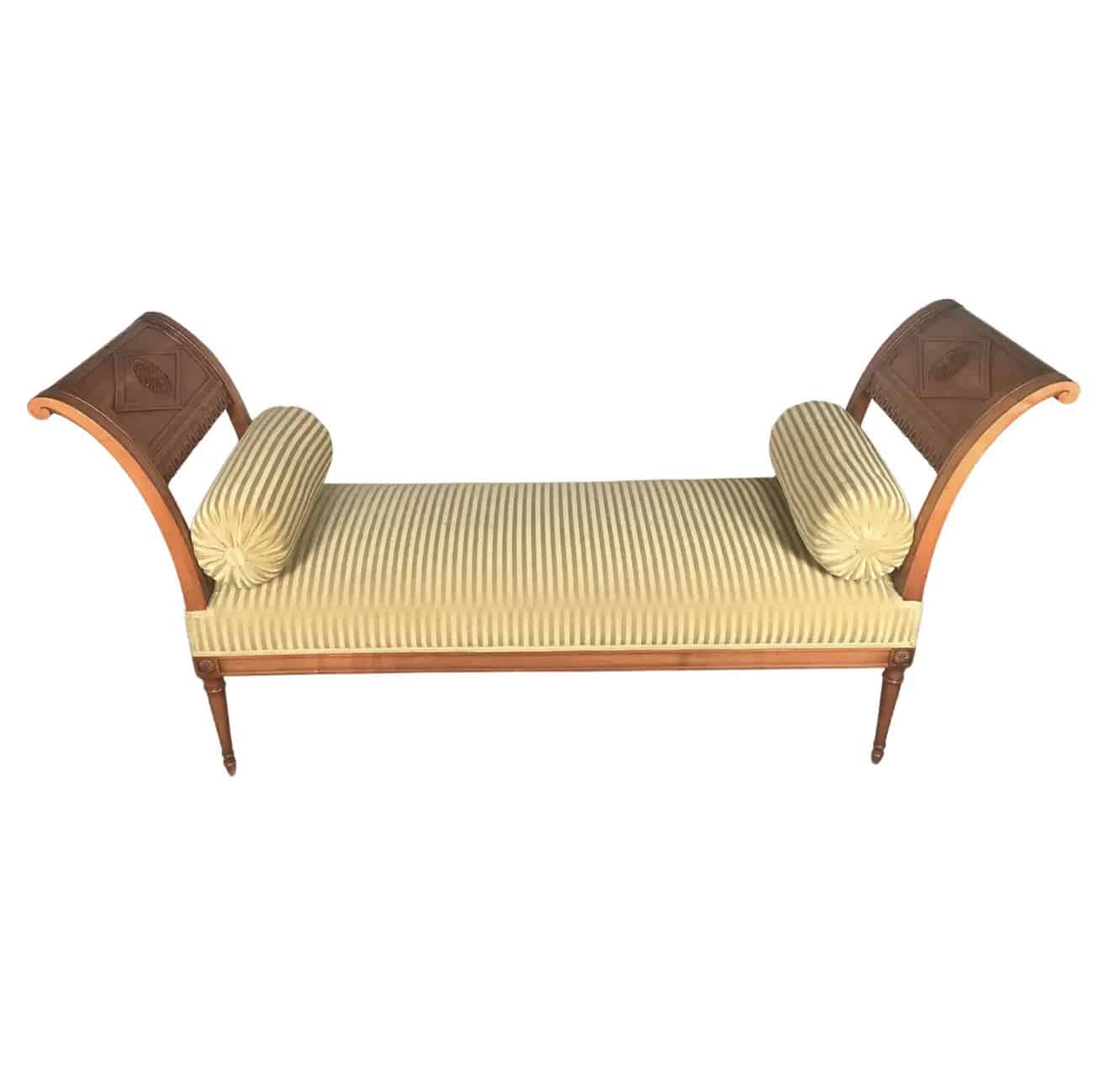
Another unique Neoclassical seating option is this Swiss Daybed. In ancient Greece, daybeds such as these were incredibly popular. Thus, they had a resurgence during the Neoclassical era. It is made of rich cherry wood and has decorative elements such as its slender, rounded legs and floral carved motifs.
3. Classical Side Tables
Side tables are a key element to any living room. Neoclassical style side tables often feature marble tops and classical motifs. Column-style tables were very popular, as well as game tables that doubled as console tables. Carvings and decorative elements, such as Greek key patterns or delicate motifs like rosettes, often adorn the legs, infusing a touch of opulence. High-quality wood, like mahogany or cherry, are frequently used.
Column Side Tables
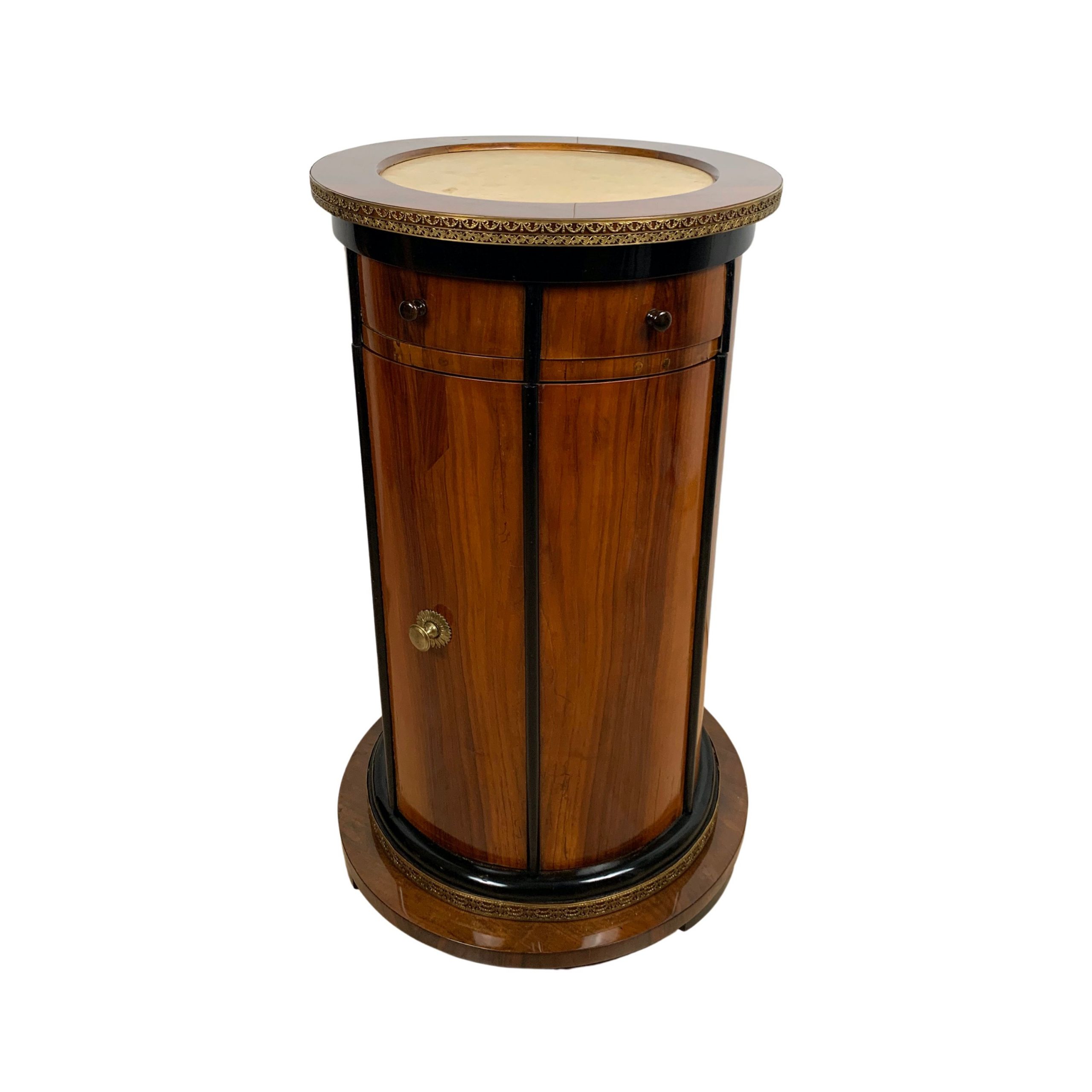
Check out this rare column nightstand or side table from 1830 available now on Styylish. It is made of solid mahogany and is inlaid with gorgeous white marble. Its column base comes from the Greeks’ and Romans’ use of columns in their architectural details.
Game Tables and Console Tables
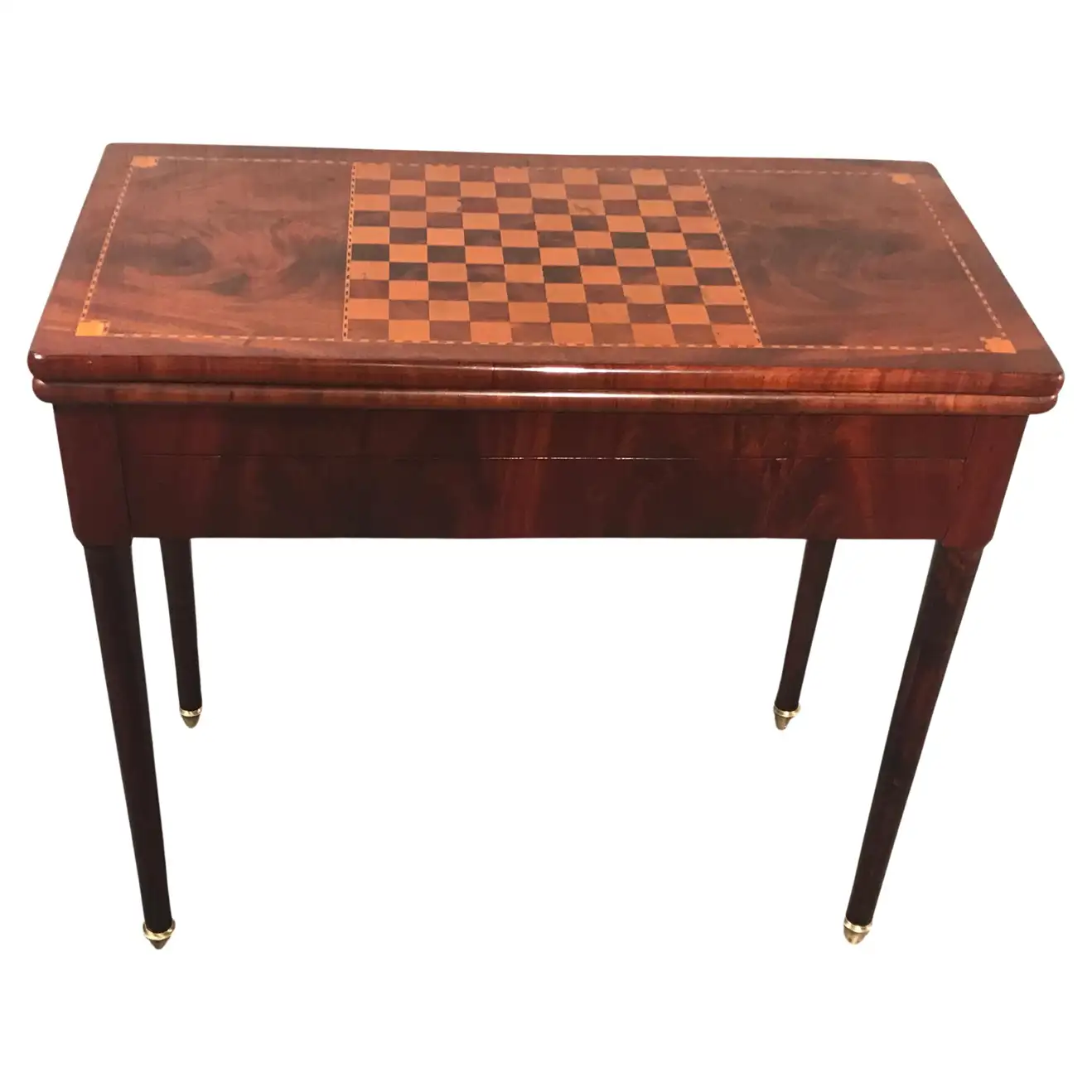
Neoclassical Style game tables such as this one were highly popular for recreation and utility. The top of the table features a chess board and can open up to feature a green felt surface.
4. Antique Mirrors
Mirrors with ornate frames featuring classical designs are quintessential in a Neoclassical interior. Mirrors of this style typically feature ornate frames adorned with classical motifs such as laurel wreaths, acanthus leaves, or Greek key patterns. The frames are often gilded or finished in gold, adding a touch of opulence. The mirror shape is usually rectangular or oval, offering a balance between classical elegance and geometric harmony.
Trumeau Mirror
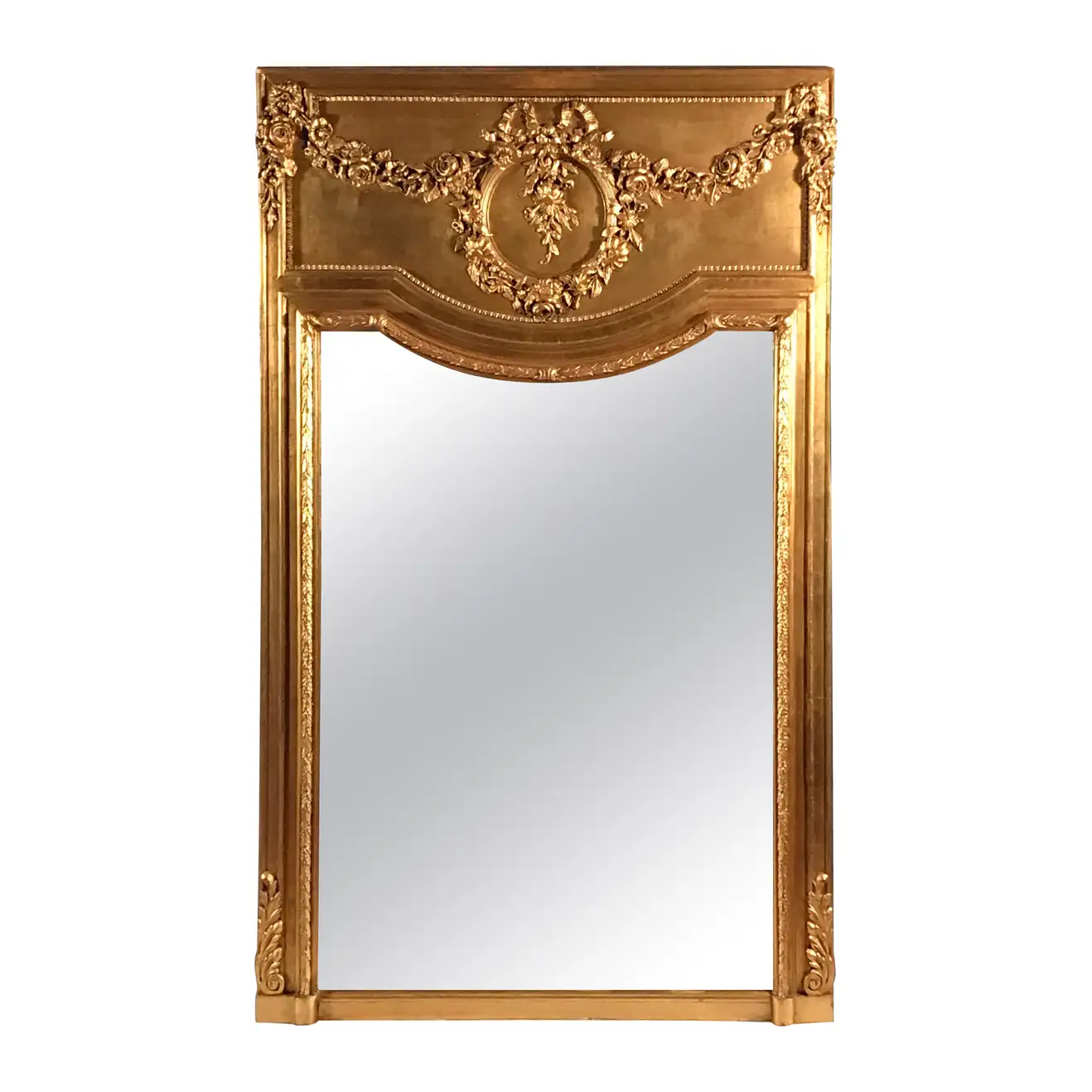
This lovely Trumeau Mirror from France epitomizes Neoclassical interior design’s use of clean lines and floral motifs. It has added a timeless charm to any wall with its gorgeous gilded flower garland with a central medallion.
Gilded Mirror from Sweden
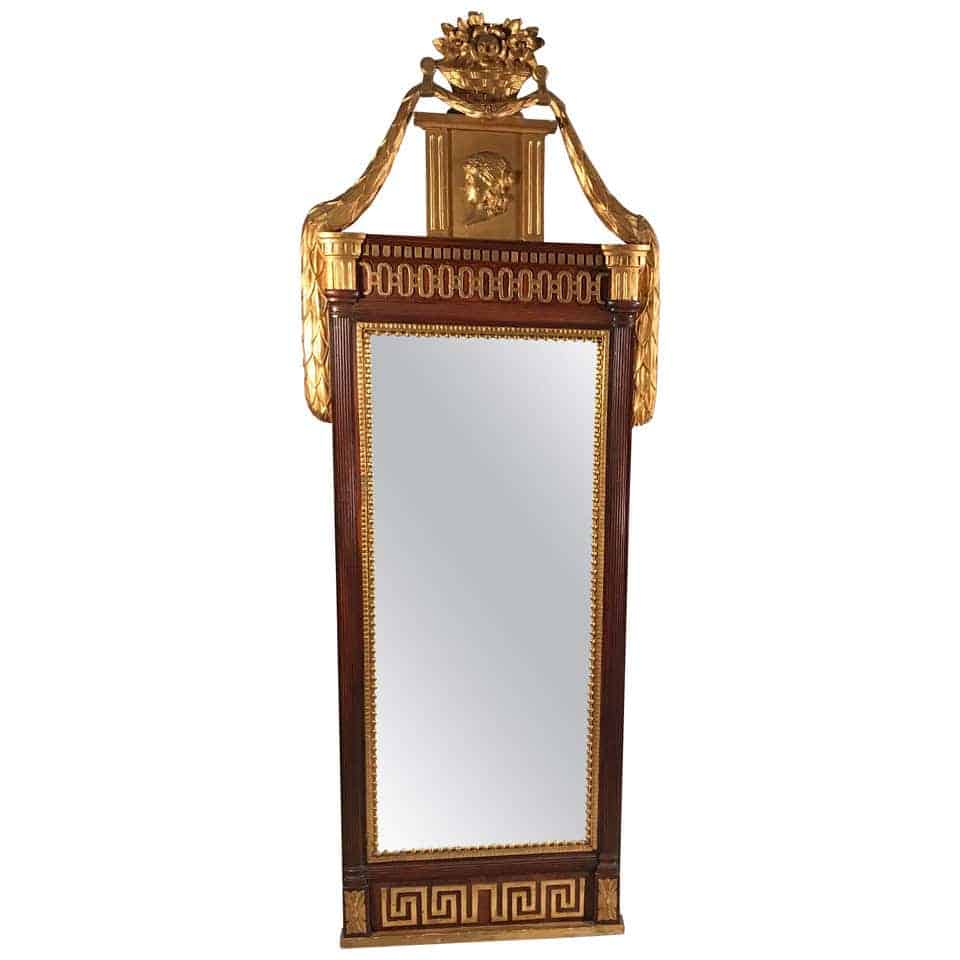
Styylish features this mahogany gilded Neoclassical mirror from 1780 Sweden. Gustav III of Sweden took inspiration from Louis XVI’s neoclassical style and adopted this mirror in the style.
5. Neoclassical Storage Pieces
Incorporating storage pieces that align with Neoclassical interior design principles requires careful curation. Pieces such as consoles, dressers and roll top desks showcase clean lines and classical motifs.
These pieces emphasize symmetry and proportion, with drawers featuring subtle detailing and elegant handles. High-quality wood and craftsmanship are key characteristics, ensuring these storage pieces exude both timeless beauty and practicality, making them ideal additions to any Neoclassical-inspired space.
Roll Top Desks
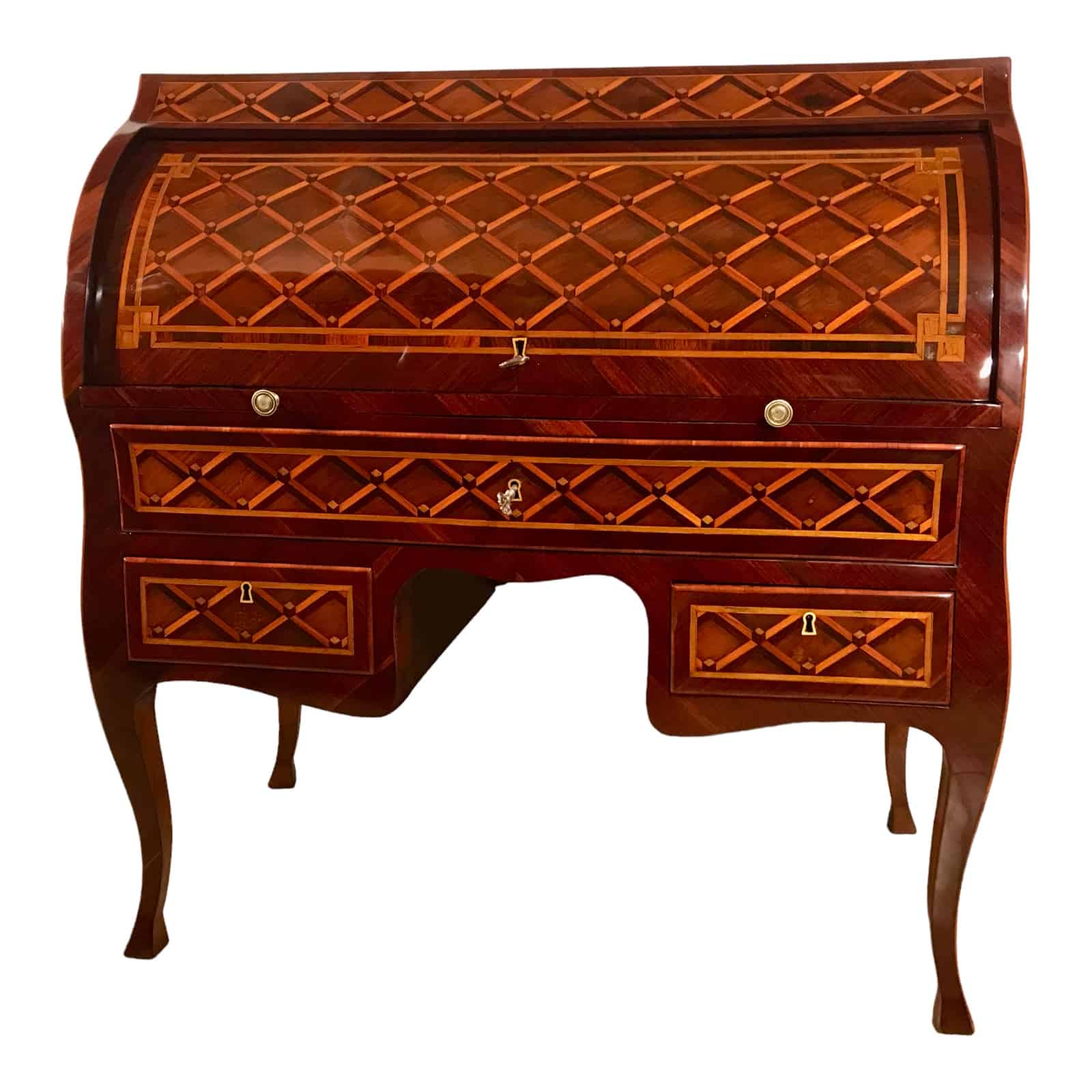
Roll top desks were an incredibly popular style during the Neoclassical period because they were incredibly utilitarian for their storage, workspace and privacy. This Neoclassical Roll Top desk is made of a kinwood veneer with a stunning diamond shape marquetry. It has a great deal of storage with six drawers and three open compartments.
Cabinets or Commodes
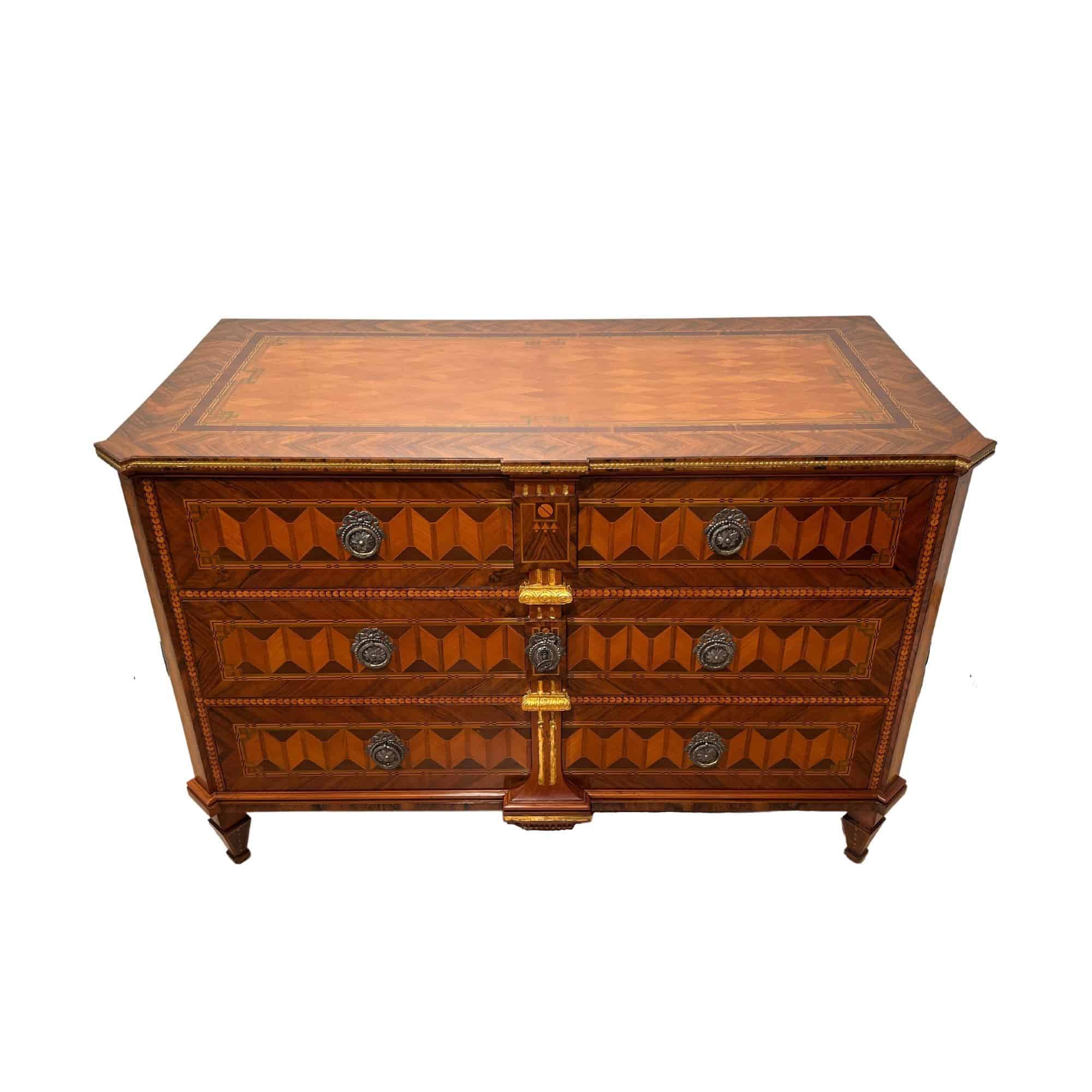
This elegant hand-crafted commode is made of walnut, cherry, plum and maple woods. It has three large drawers and absolutely beautiful neoclassical design elements like leaf decorative motifs, along with its original brass fittings.
Neoclassical Sideboards
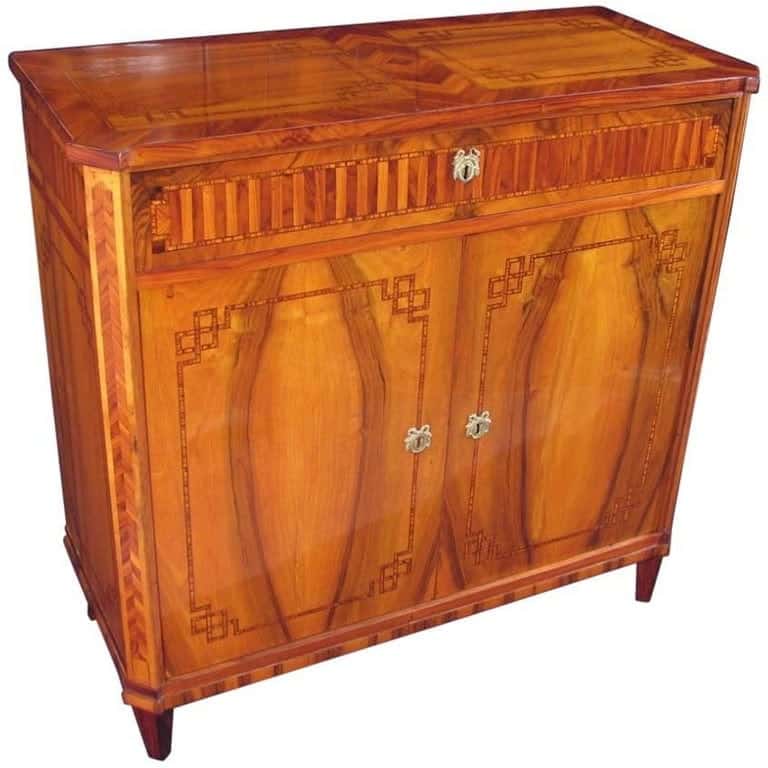
This exquisite Louis XVI sideboard represents the unpretentious design of Neoclassicalism with is straight lines and walnut wood. Its understated marquetry reflects the murals and designs found in archeological excavations in Herculaneum and Pompeii.
6. Classical Lighting
Neoclassical interiors come alive with the right lighting. Sourcing these pieces can be overwhelming, but Styylish’s dedication to authentic neoclassical style antiquities ensures your lighting choices reflect the opulence and refinement of the era.
Neoclassical Chandeliers

These matching chandeliers boast candelabras of gilded bronze and lines of crystals. Each chandelier features four sconces with crystal pendants to illuminate any room with these timeless pieces.
Neoclassical Sconces
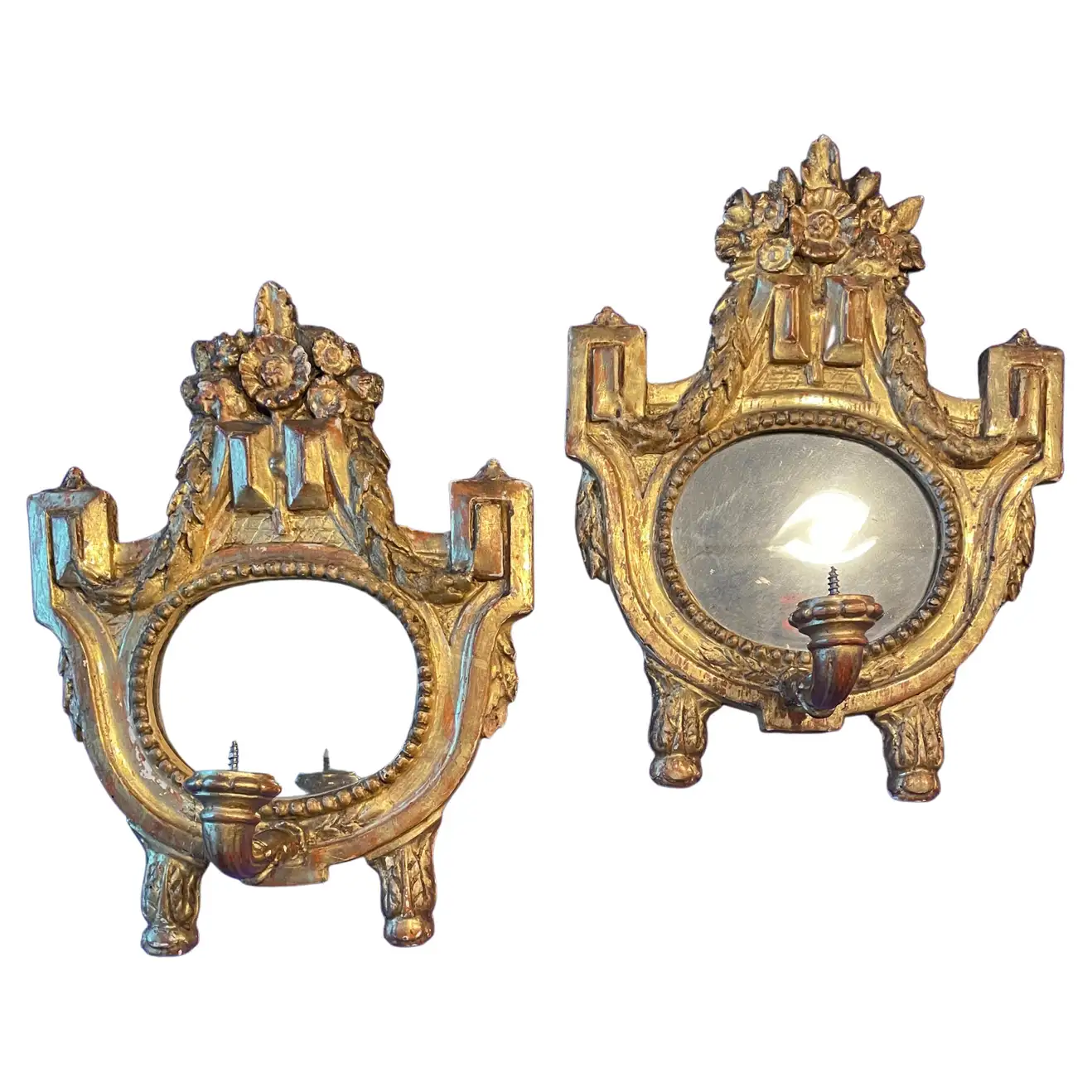
Another Neoclassical lighting option is an antique pair of gilt wood sconces. They contain intricate hand-carved floral designs and their original mirrors, both key elements of neoclassical style.
Neoclassical Delight: Enrich Your Home with Timeless Furniture Pieces
Creating Neoclassical interiors demands an eye for detail and a passion for timeless elegance. The journey to find authentic, high-quality antique furniture can be challenging. However, Stylish’s curated collection makes this journey an exploration of treasures, guaranteeing Neoclassical decor that is both majestic and true to its historical roots. Let Styylish be your guide on this enchanting voyage, ensuring your home reflects the grace and elegance of the Neoclassical era.

